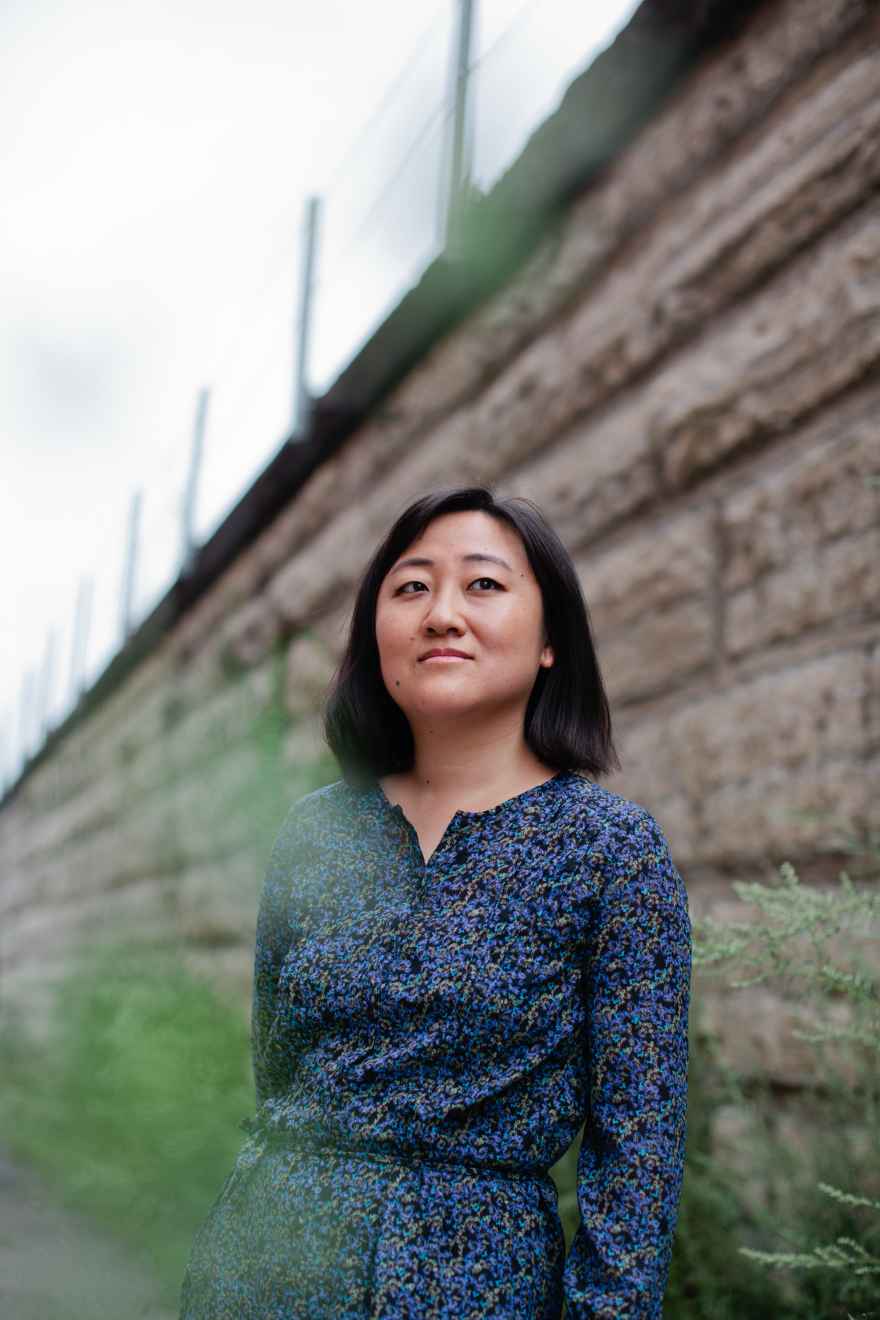UChicago Professor Wins 2018 Kirkus Prize for Fiction

Imagination, personal experience, and lucid prose complement the in-depth research and stealthy dose of satire in Severance (Farrar, Straus and Giroux, 2018), Ling Ma’s debut novel, which just received the 2018 Kirkus Prize for fiction. Expanded from what originally began as a short story, her book was selected from 1,193 books published during the past year. Each winning author of the Kirkus Prize receives $50,000 and widespread renown in the book publishing world.
“When I was reading Ling Ma’s fiction samples, her writing stood out at once because she is a prose stylist, which is unusual among writers who have landed first novel contracts with major publishers,” says John Wilkinson, Professor in English and Chair of Creative Writing at UChicago, who hired Ma in 2017. “Her prose is immediately compelling and reminiscent of early 20th-century Midwestern writers such as Sherwood Anderson and Willa Cather. Severance is written like an estranged version of recognizable reality.”
Ling Ma is now an Assistant Professor of Practice in the Arts in the Committee on Creative Writing at UChicago, where she earned her undergraduate degree in English. After several years spent working in the professional world—and collecting material for her novel—she returned to school, obtaining her MFA from Cornell University. Ma remembers her years at UChicago as fundamental to her development as a writer.
“I took workshops on poetry, fiction, and performance arts, as well as many film courses,” Ma said. “It was a very inspiring time, and I felt like I could see connections between all the disciplines I studied.” That sense of interdisciplinary creativity came to life in Severance, which infuses the familiar world with surreal and apocalyptic elements.
The seed for the novel started germinating when Ma worked at a company that was downsizing and eventually closed its Chicago office. As she watched the process unfold, Ma started thinking about the meaning and nature of work. Severance builds on those thoughts to serve as a meditation on labor in the age of global capitalism.
While personal experience often serves as a springboard for writers, Ma believes that “at its best, fiction is essential and shows us the deeper truths that are not apparent in the everyday.” The Kirkus Prize judges reflect a similar perspective, calling Severance “a portrait for our times—especially our fears” in recognition of the novel’s successful encapsulation of contemporary anxieties.
“Ling Ma’s achievement highlights the quality of our instruction in the Creative Writing program,” said Anne Walters Robertson, Dean of the Division of the Humanities at UChicago. “She is an accomplished storyteller who can teach students to explore their imaginations and experiences and use their research skills to write compelling fiction.”
Rather than emulate science fiction masters, Ma was drawn to the plainspoken lyricism of writers such as Lucia Berlin, Kazuo Ishiguro, and Marilynne Robinson, as well as story development of TV shows like Mad Men and The Sopranos. “Lucia Berlin’s short stories are so simple and clear; there’s the presence of a real person behind them,” Ma said. “Reading her writing, I realized that I was overthinking my fiction in many ways. I could just scale back and simplify. On the other hand, watching Mad Men for eight seasons helped me to plot my novel.”
Additionally, her experience as a Chinese immigrant is woven into one of the character’s stories. Ma’s research about the manufacturing of the Bible in China allowed her exploration of working life to expand beyond cubicles and offices to factories. As the plot unfolds, her writing subtly emphasizes the disturbing plight of laborers.
This thoughtful, multifaceted approach informs Ma’s teaching as well. “The balance of rigor, humor, and imagination that makes Severance so disarming and effective can be found in her classroom,” Wilkinson said. “She challenges students to connect their own voices to diverse perspectives. Her teaching is in some ways an extension of her writing. UChicago students profoundly appreciate Ma’s seriousness as a novelist.” That seriousness—imbued with a canny awareness of comedy—has made Severance a success and will help Ma inspire a new generation of fiction writers.